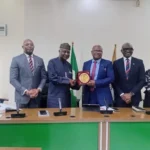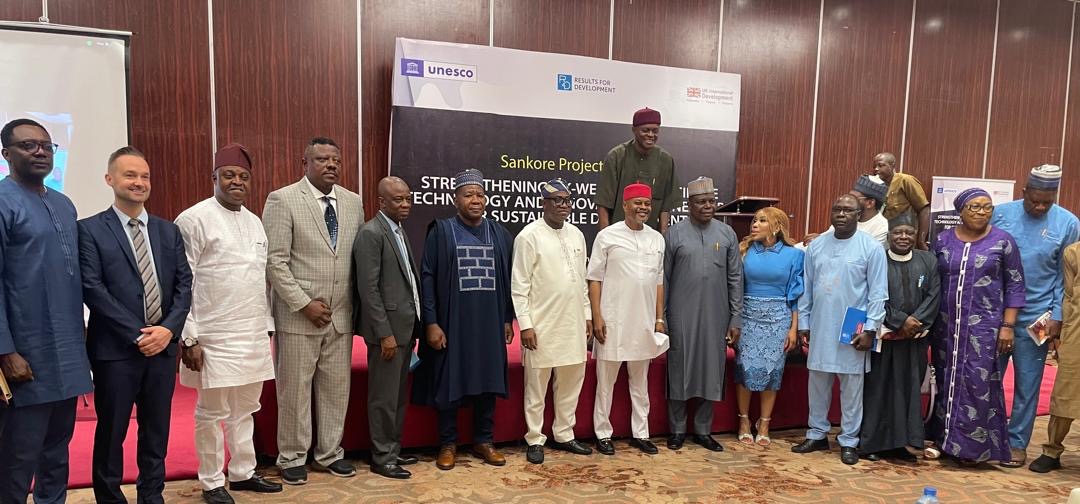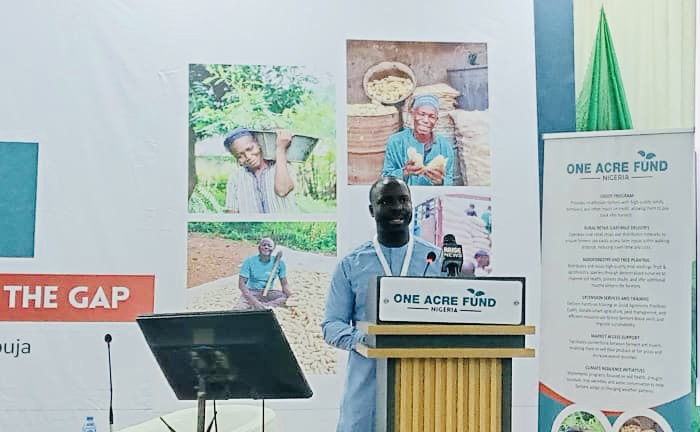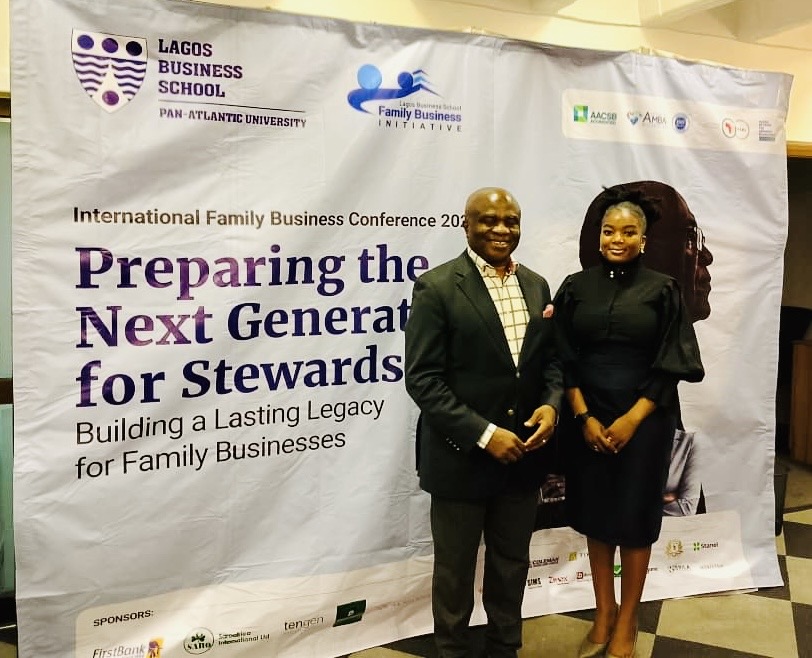FG unveils water project at Abuja NYSC camp
By Tosin Kolade The Federal Government has inaugurated a solar-powered water facility at the National Youth Service Corps (NYSC) orientation camp in Kubwa, FCT, as part of the 2025 World Water Day celebrations. Speaking at the event on Saturday, the Minister of Water Resources and Sanitation, Prof. Joseph Utsev, reaffirmedContinue Reading




















